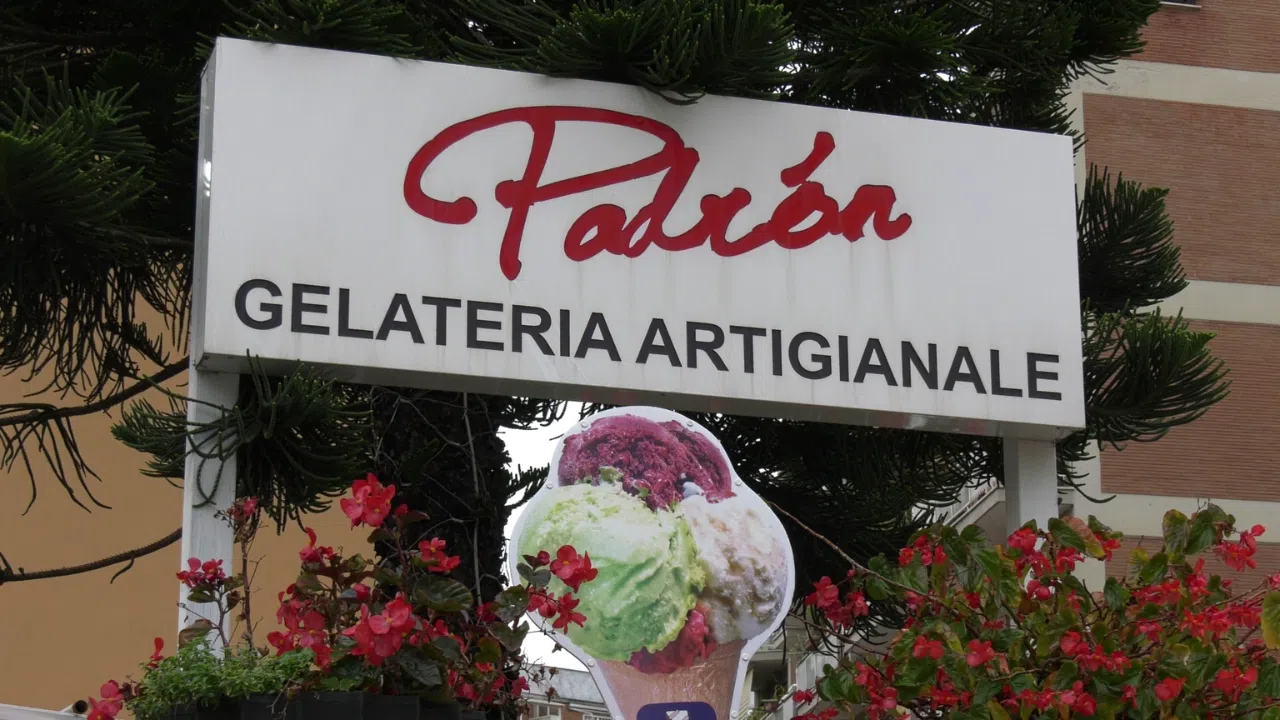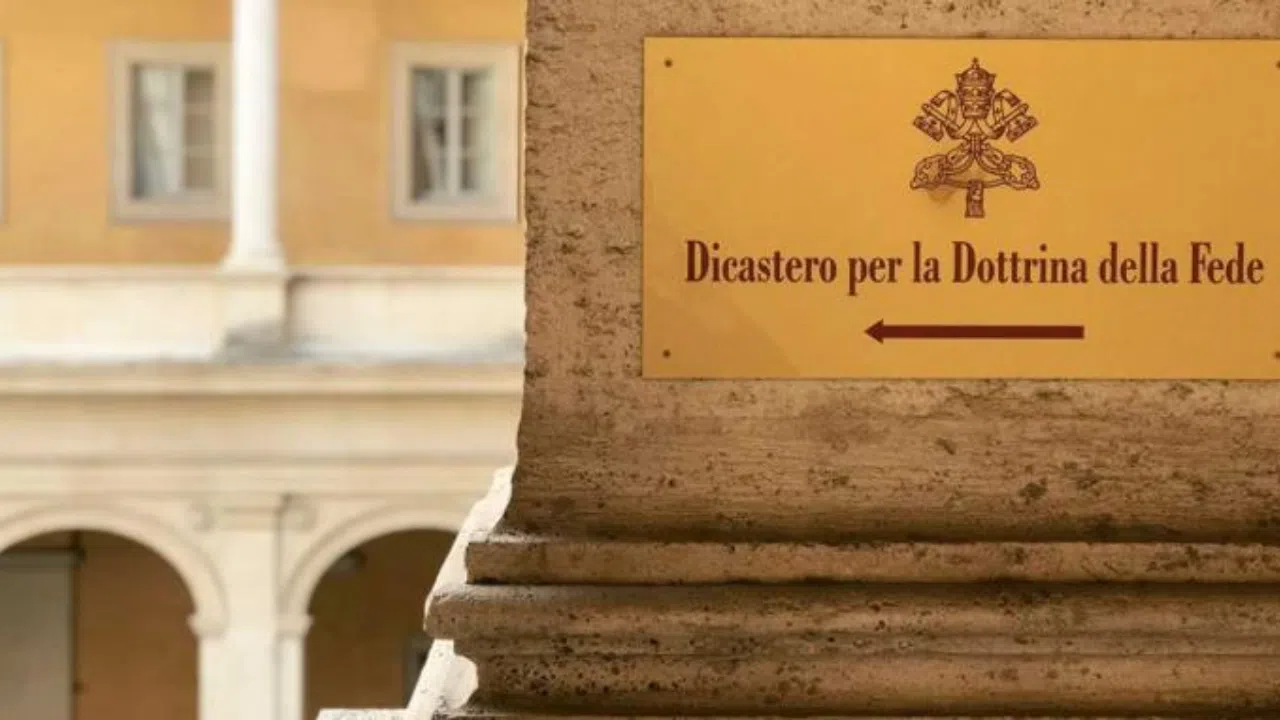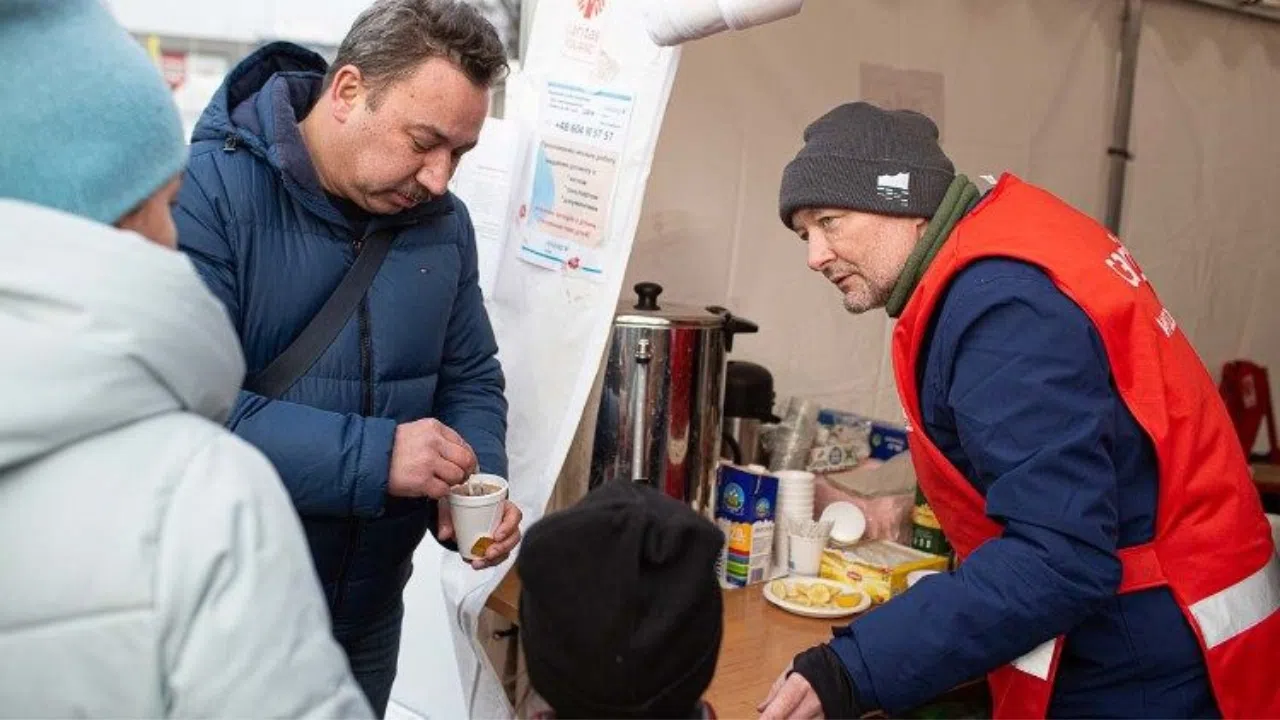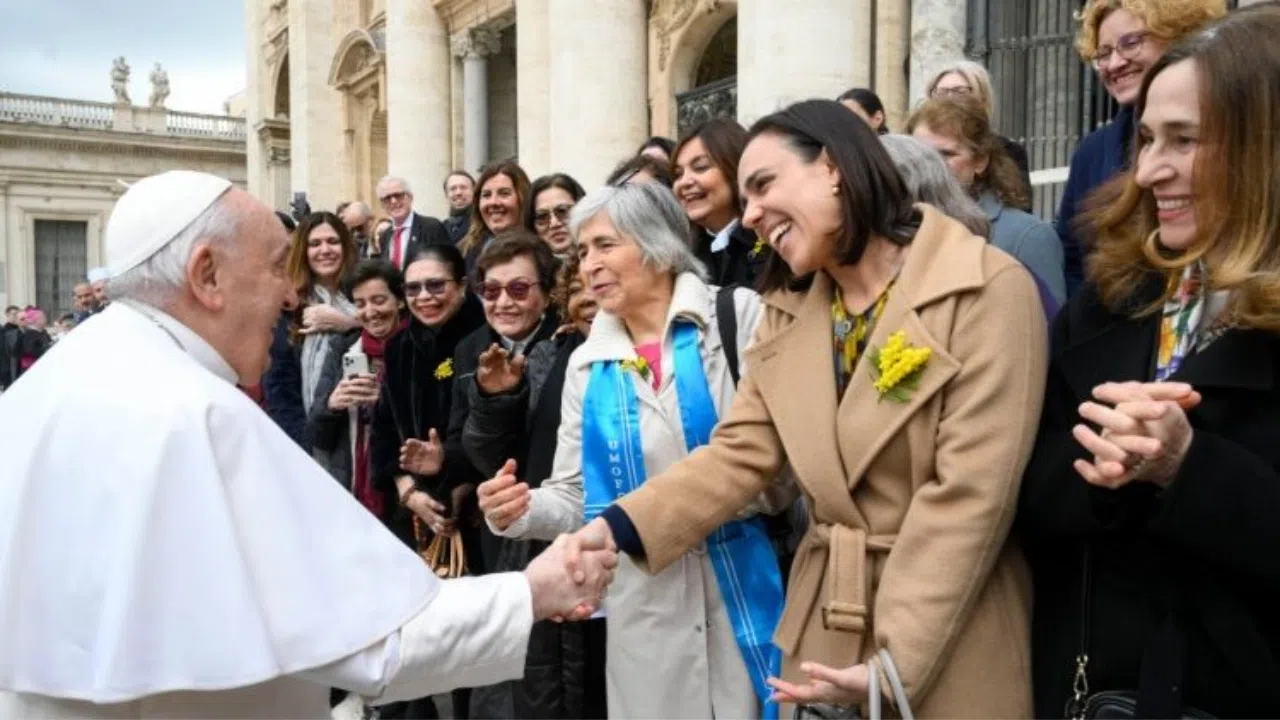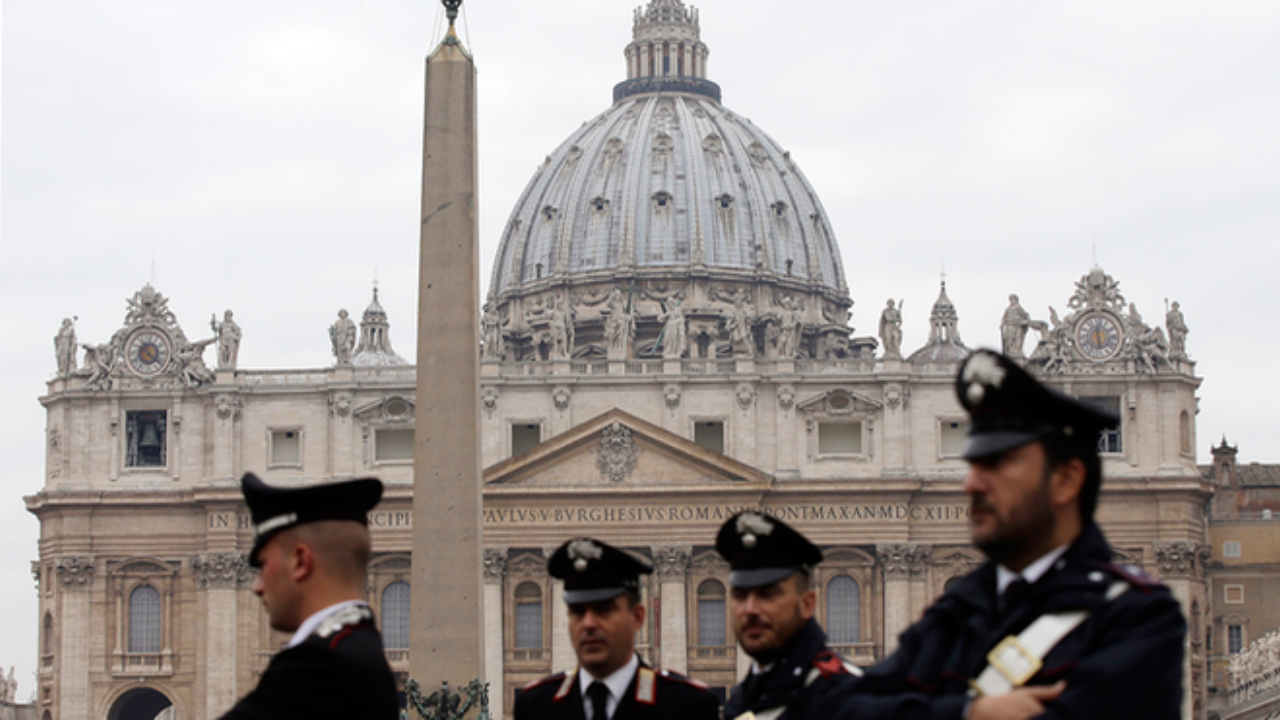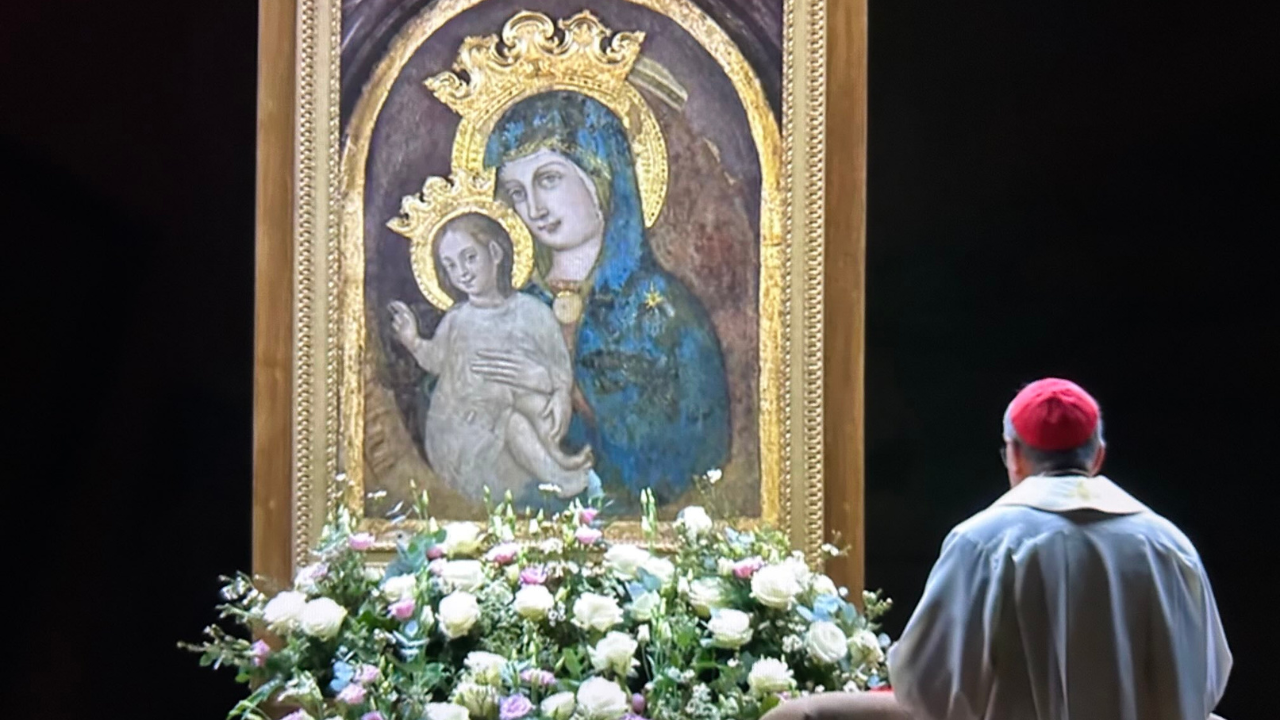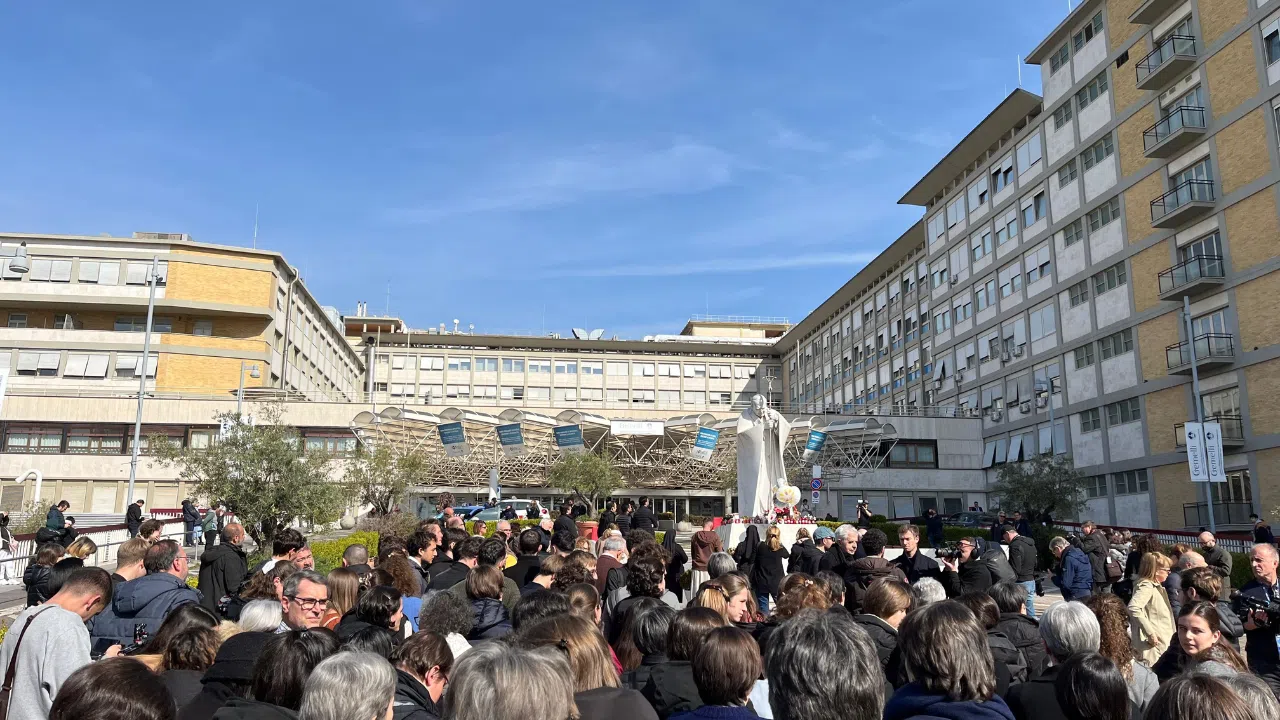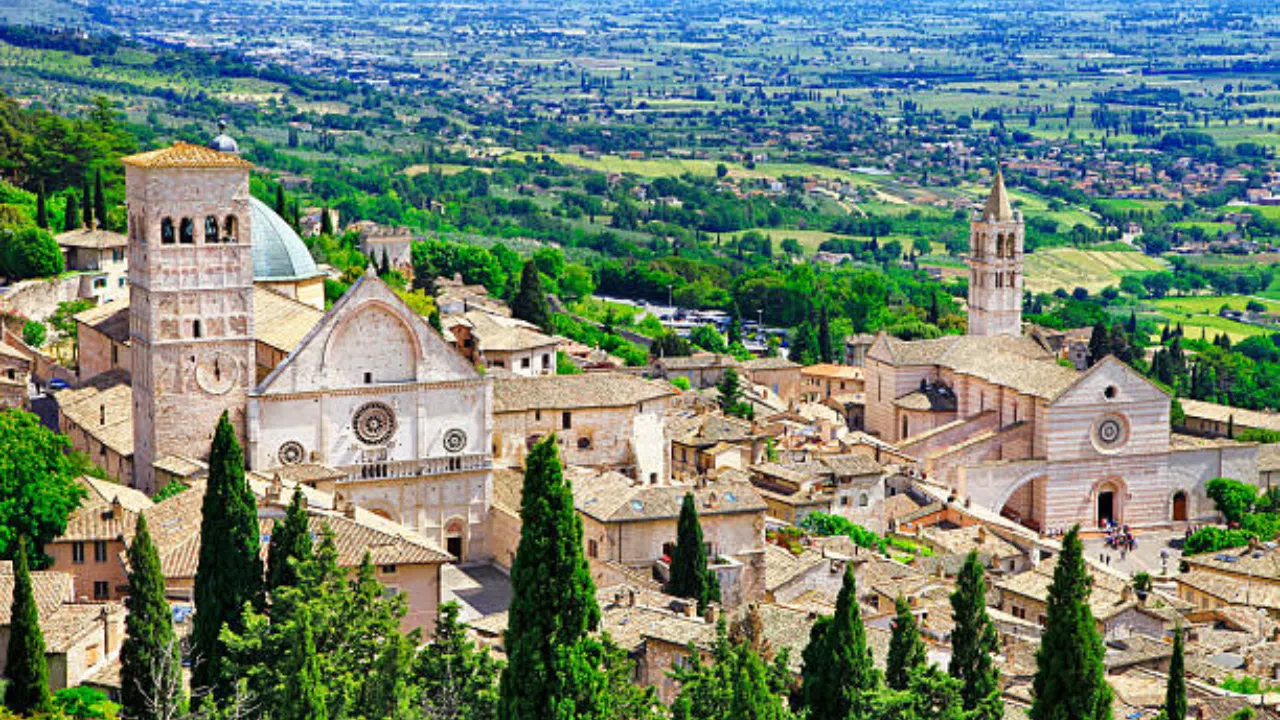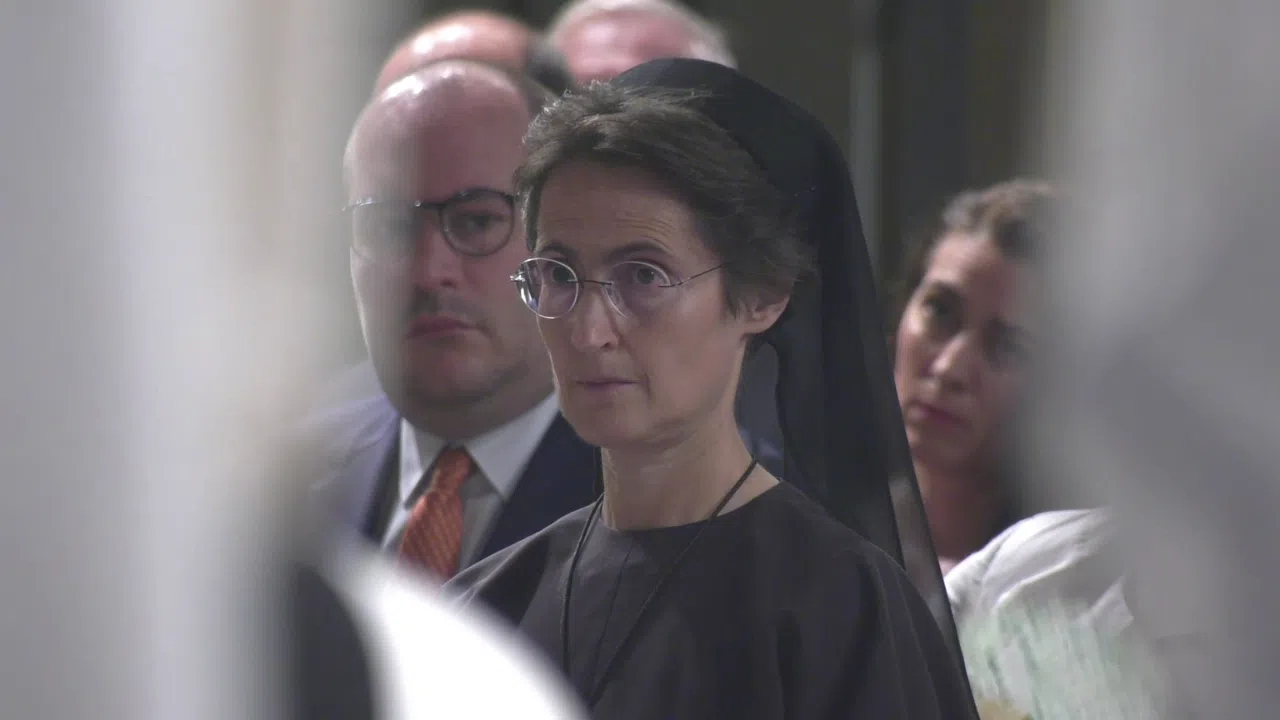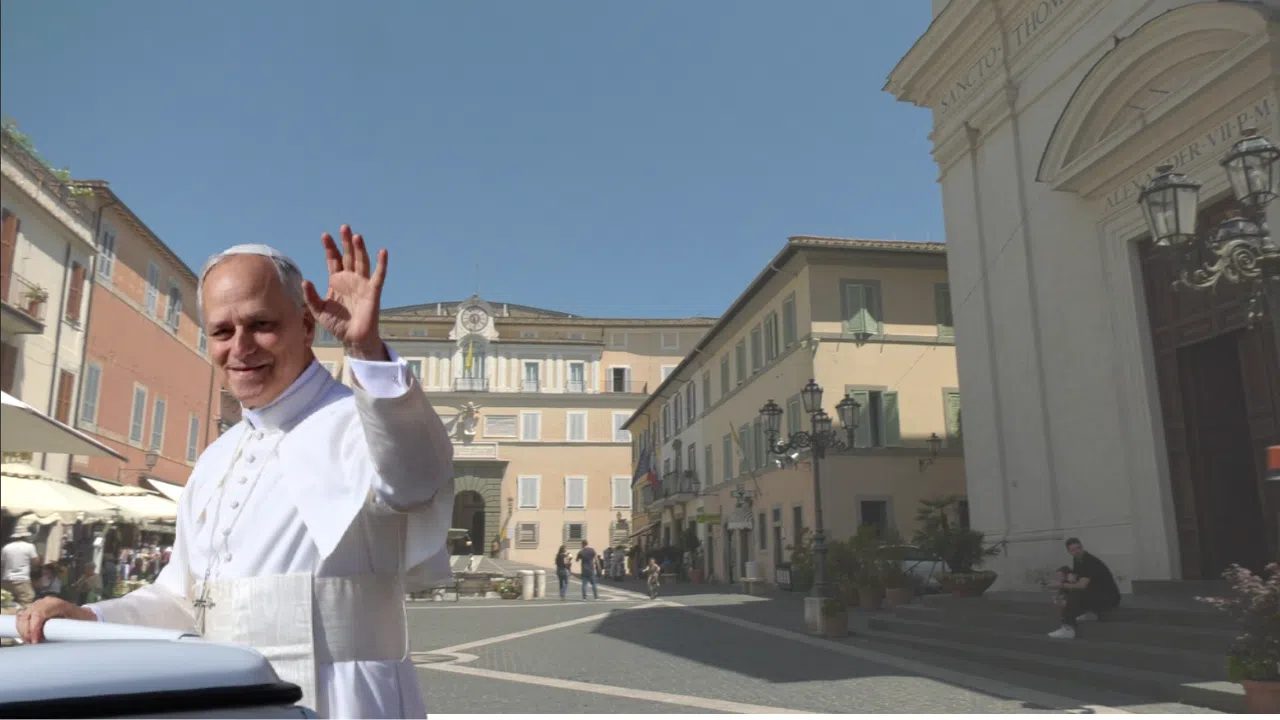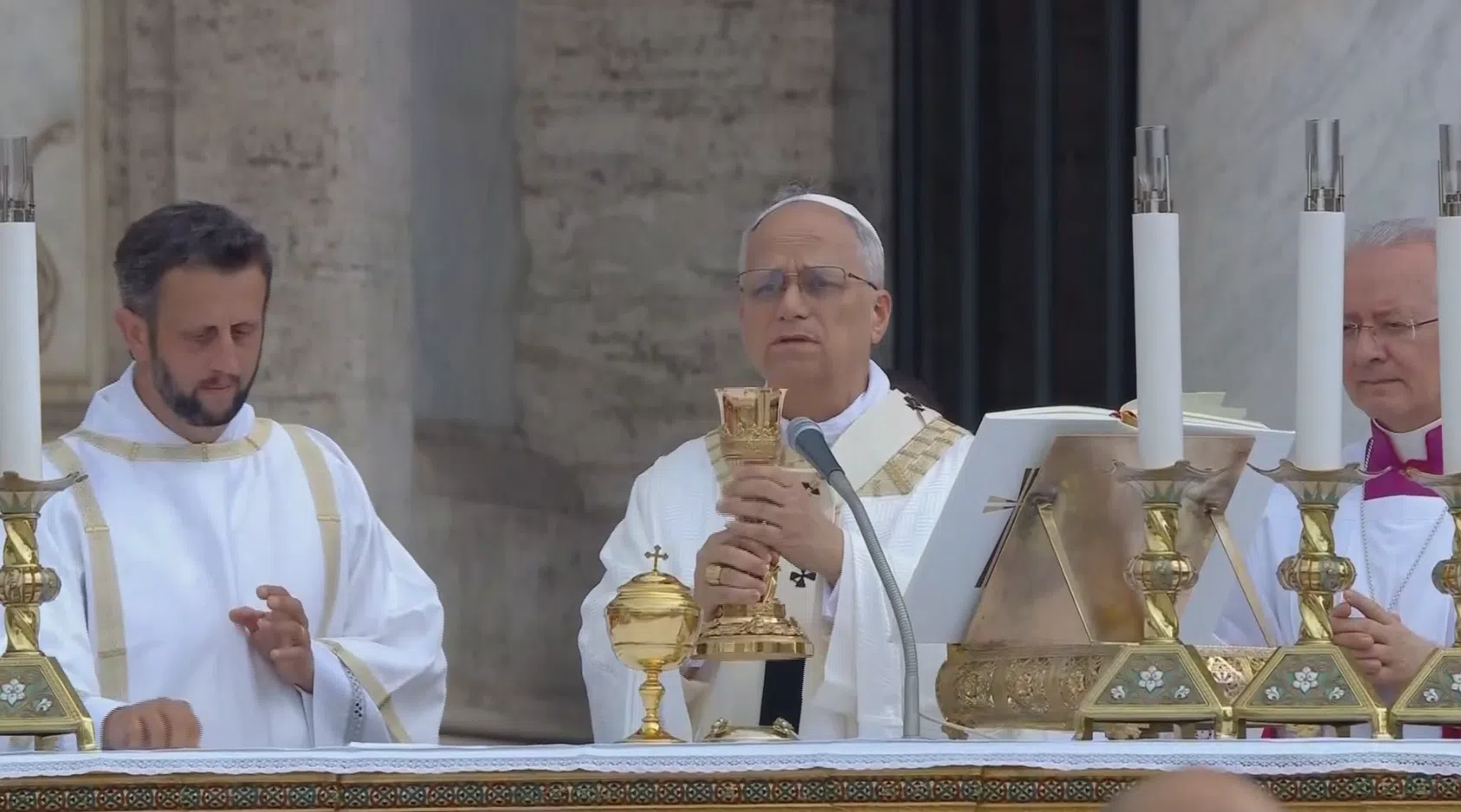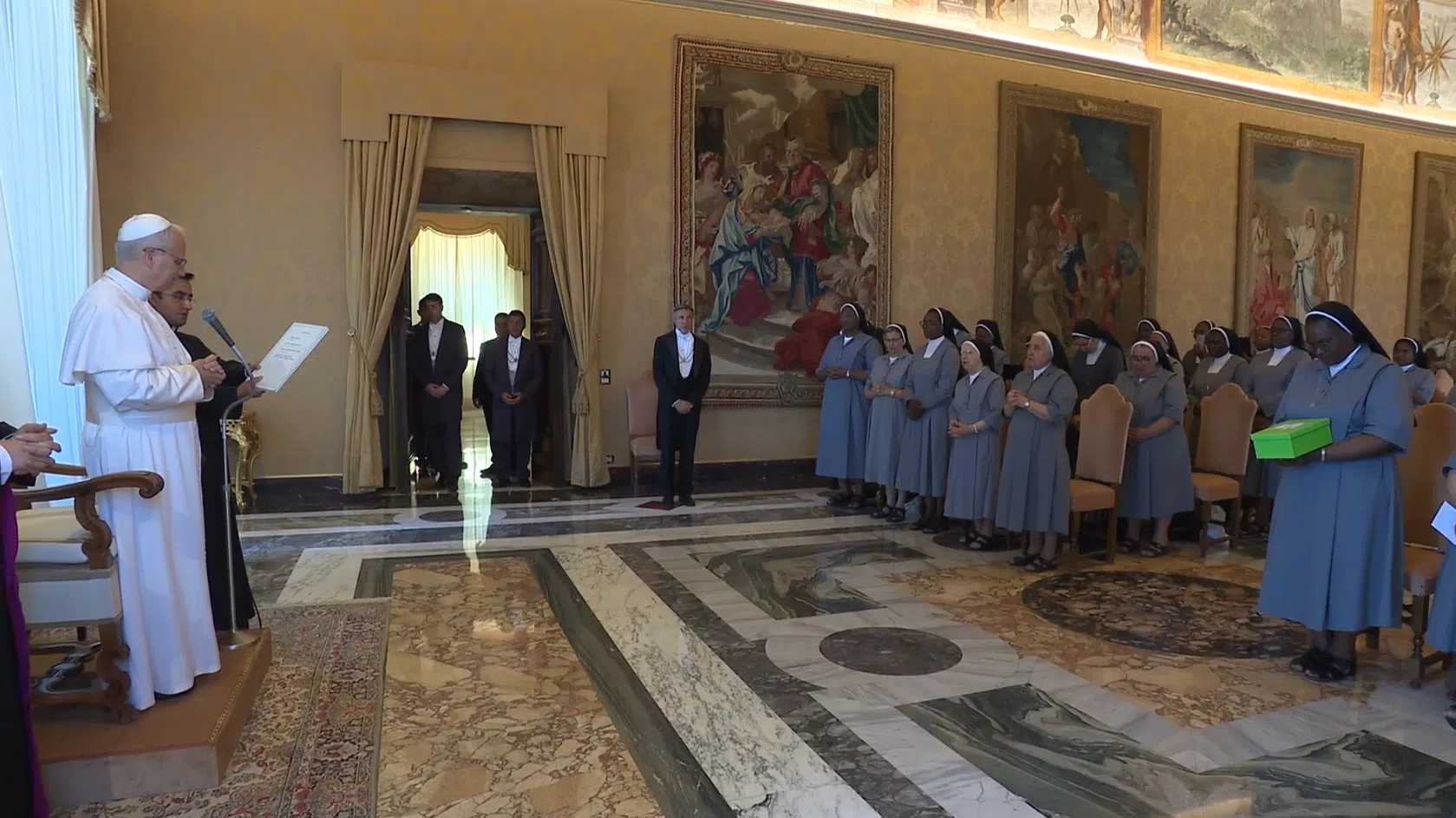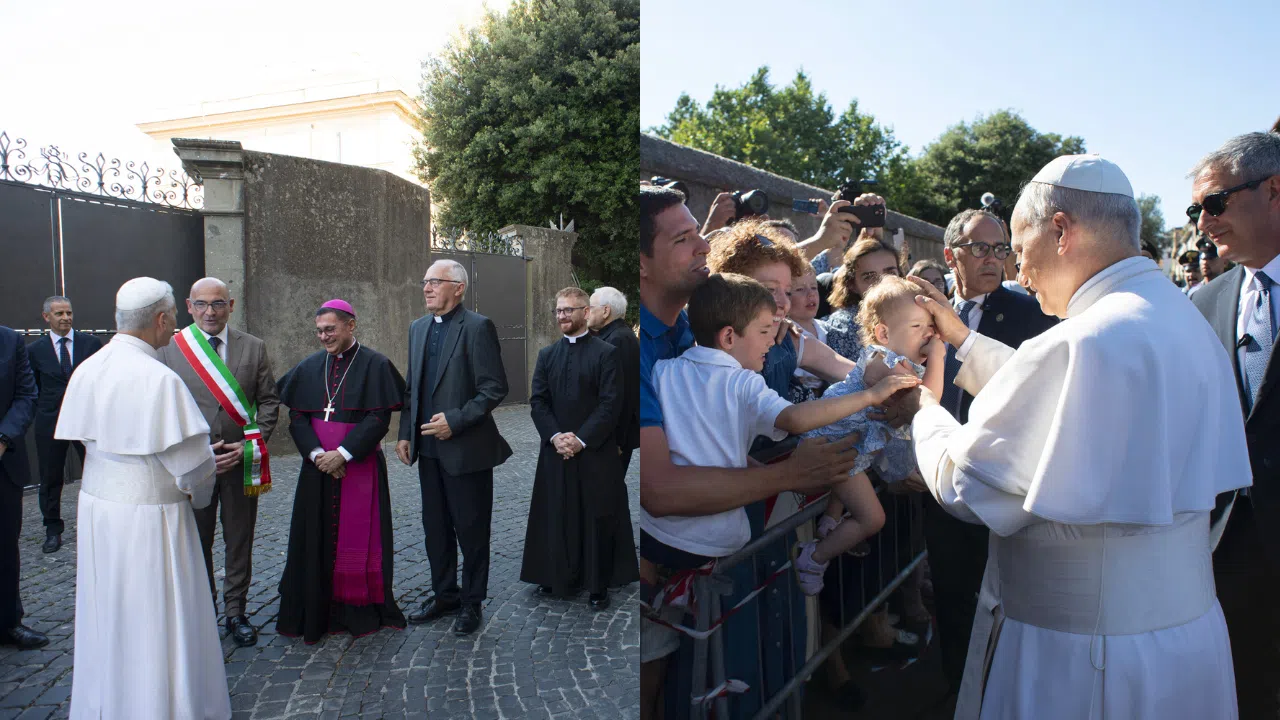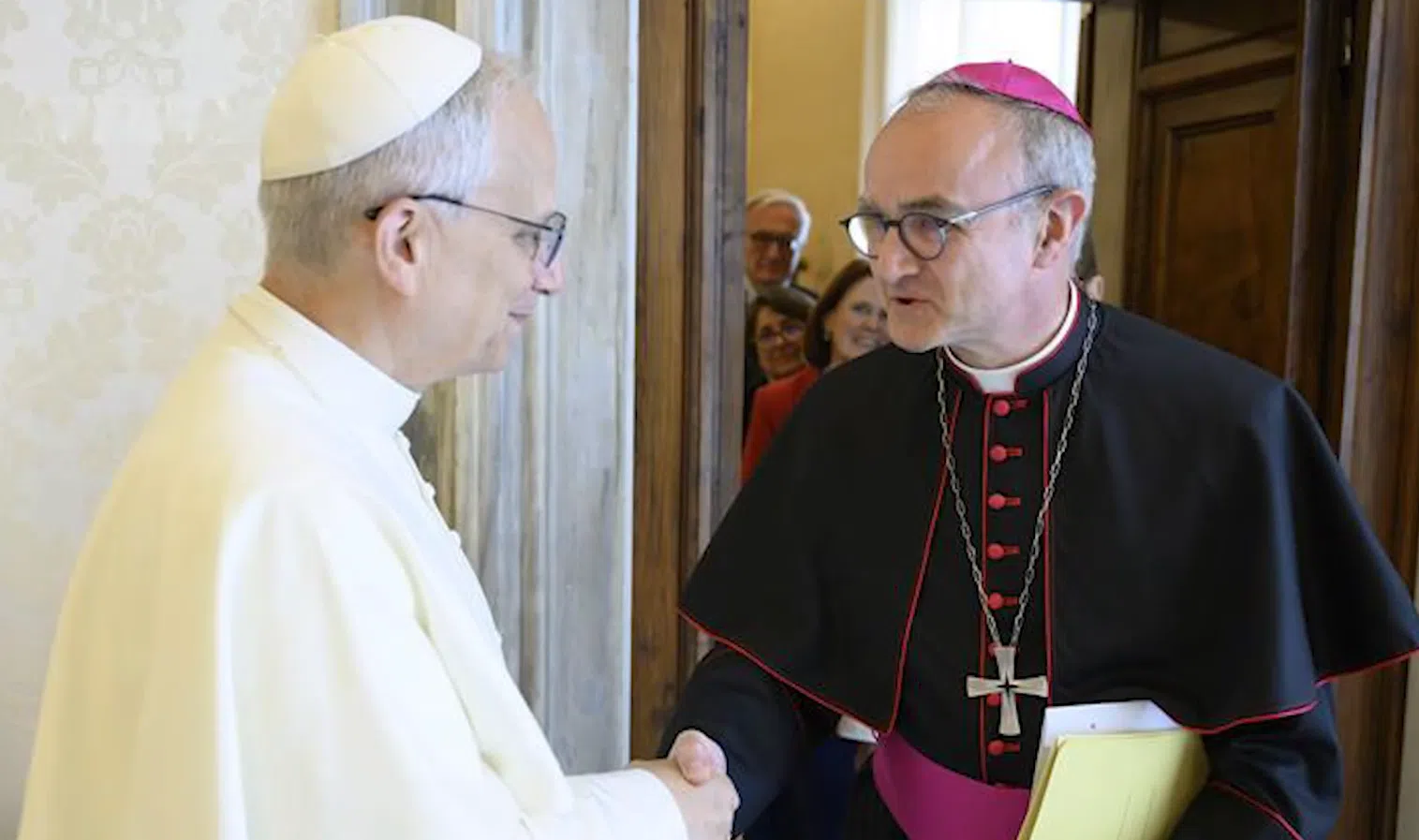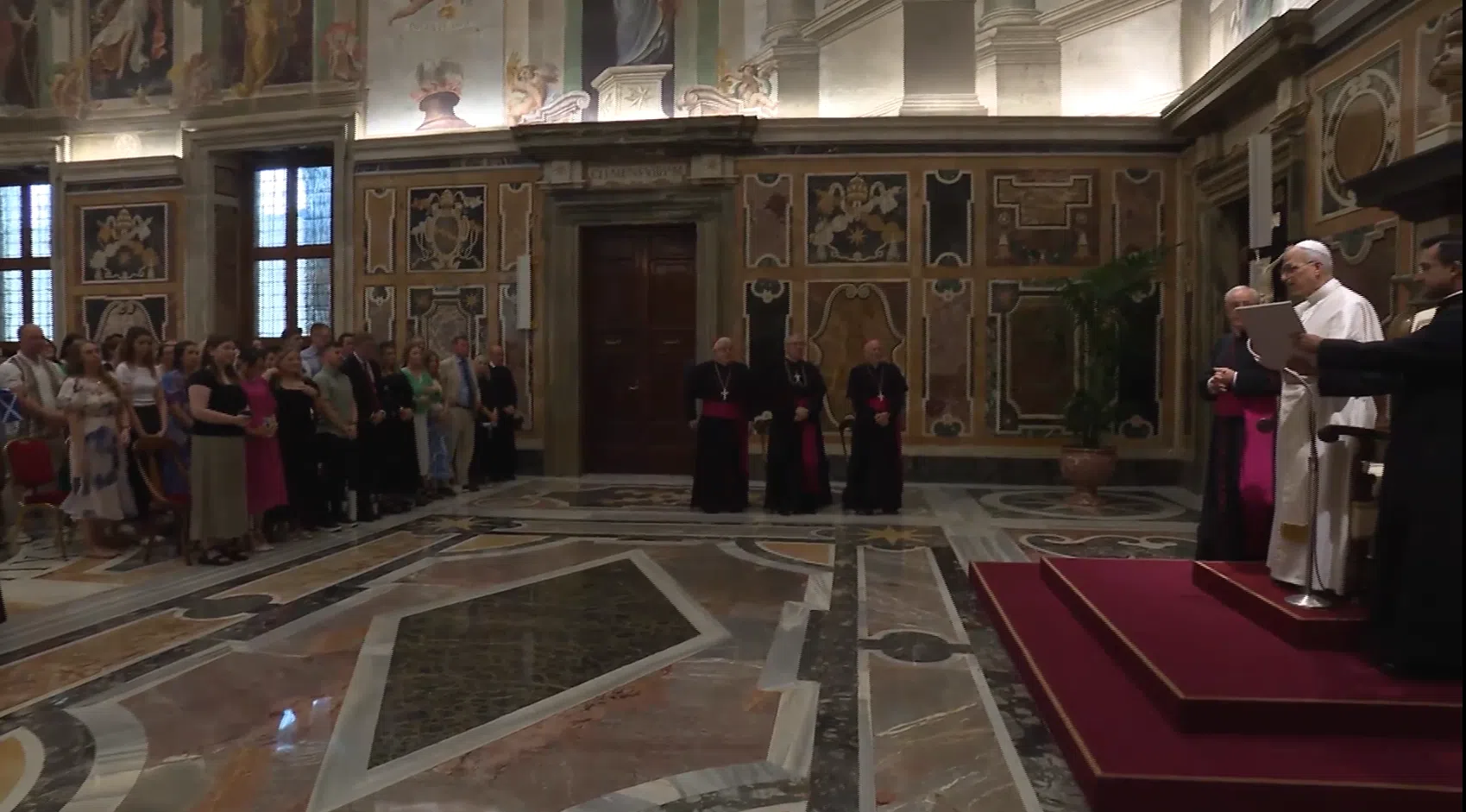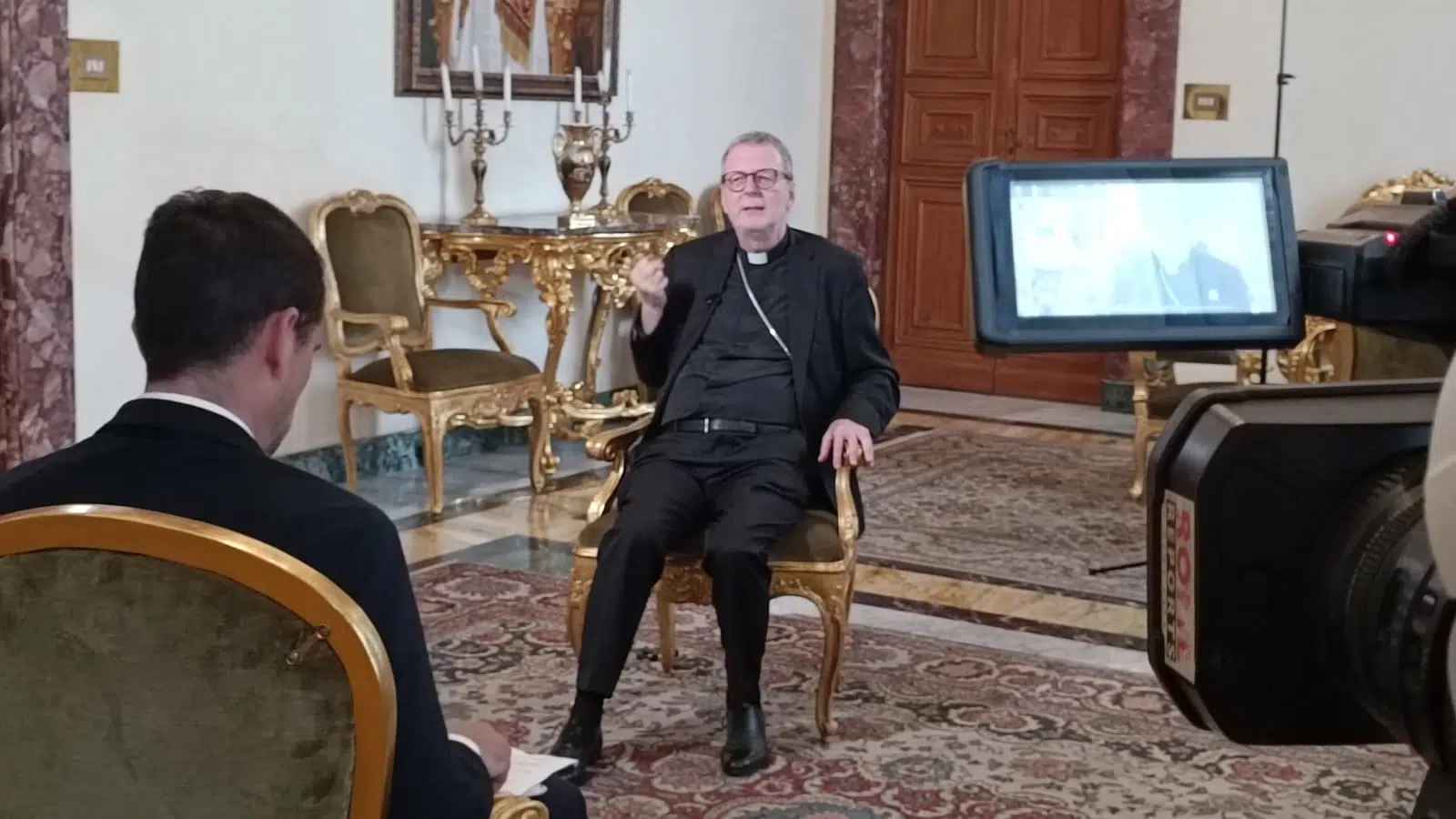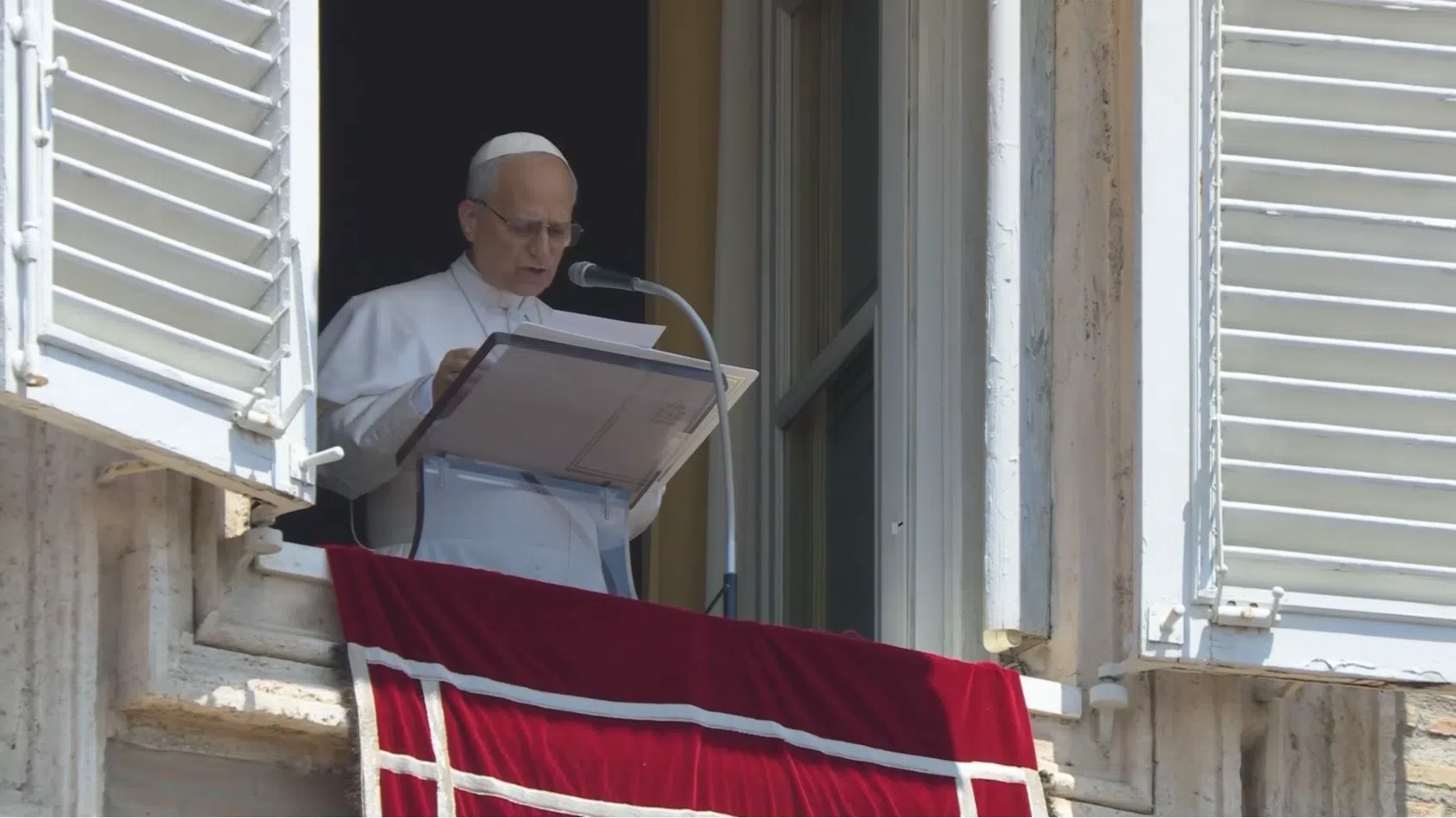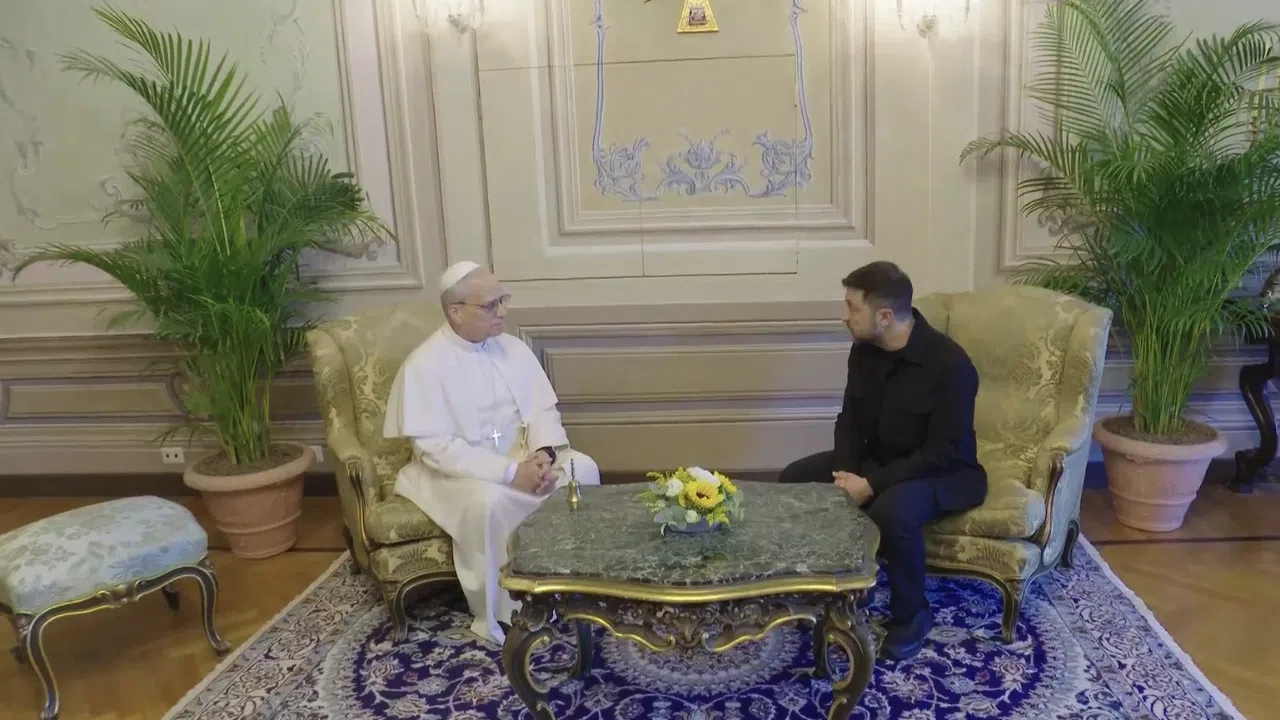We know that the Provisional Agreement between China and the Holy See expires on October 22, 2022.
But what we do not know is whether it will be renewed for two years—which is most likely—or if it will be renewed indefinitely.
While on the plane on his way back from Kazakhstan, Pope Francis explained that he is firmly committed to dialogue with China.
POPE FRANCIS
And here in the Vatican there is a well-functioning dialogue commission. It's chaired by Cardinal Parolin and he, at the moment, is the man who knows China and dialogues with China the best. It is a slow process, although progress is always being made.
More than qualifying, I try to support the path of dialogue. Dialogue clarifies many things, not only in the Church, but also in other areas.
To understand why this agreement is important, we have to remember that in 1951, while under the rule of Mao Zedong, China expelled the Pope's diplomat, Antonio Riberi.
For two months, Riberi was prevented from leaving his home and communicating with the outside world. Guards at the door of his residence in Nanjing blocked him from entering or leaving. He was accused of “espionage and incitement to revolt in disobedience against the Chinese people's government.”
A month earlier, Tarcisio Martina—the apostolic prefect of Beijing, more or less the bishop of the capital— was sentenced for the same reason. He was originally sentenced to death and then to life in prison. Three years later, he was released and expelled from the country.
After that, all foreign priests were expelled from China, state atheism was imposed, and the government appointed new bishops on its own.
This is why the agreement signed by China and the Holy See in 2018 is so important. It remains provisional. But it recognizes that the Vatican has the right to intervene in the appointment of new bishops.
Eye: it is neither a concordat nor a diplomatic agreement, but a mechanism to appoint new bishops. Nothing more.
The exact terms of the agreement are not known, but some elements are known. Allegedly, candidates are elected in local assemblies and proposed to the Holy See, which has the option to confirm or reject them.
Since the signing of the agreement in 2018, six new bishops have been appointed, six others have been able to take lead of their dioceses, and one is rumored to have been rejected by the Vatican.
Pessimists say it is insignificant compared to the 40 empty dioceses in the country—out of the total of 104—depending on how you count. Optimists say if there were no agreement, the situation would be more difficult for Catholics.
The agreement is also 'provisional' because it does not solve all of the problems. For example, the government decides the demarcation of dioceses, monks and nuns are not recognized, it prohibits the relationship of bishops with other bishops' conferences, it monitors churches and it is still a requirement to be over 18 years old to attend mass.
Additionally, China has not recognized the bishops that Rome appointed prior to the agreement who have not adhered to the Communist Party. This is how Cardinal Parolin explained it a few months ago:
CARD. PIETRO PAROLIN
Vatican Secretary of State
Our way of doing politics is about taking small steps. We believe that every result—even if it isn't striking, even if it isn't eye-catching, even if, at first, it seems to not yield big results—it is however, a step forward, toward the reality of greater religious freedom.
A curiosity. In August, the National Assembly of Chinese Catholic Representatives met, a body affiliated with the Communist Party.
AsiaNews agency picked up the report they presented with data on the Church within the country, including that there are 4,202 churches and 2,238 religious centers.
It says that there are 98 dioceses, 66 of which have bishops, and the rest are vacant.
In the last six years, 289 priests have been ordained, 161 nuns have made their profession and 110,000 people have been baptized.
In addition, they have supported initiatives launched by Pope Francis, such as the 'Year of the Family' and the 'Year of St. Joseph'. Unfortunately, the report failed to recall the role of the Vatican in the appointment of new bishops.
JRB
TR: AT

